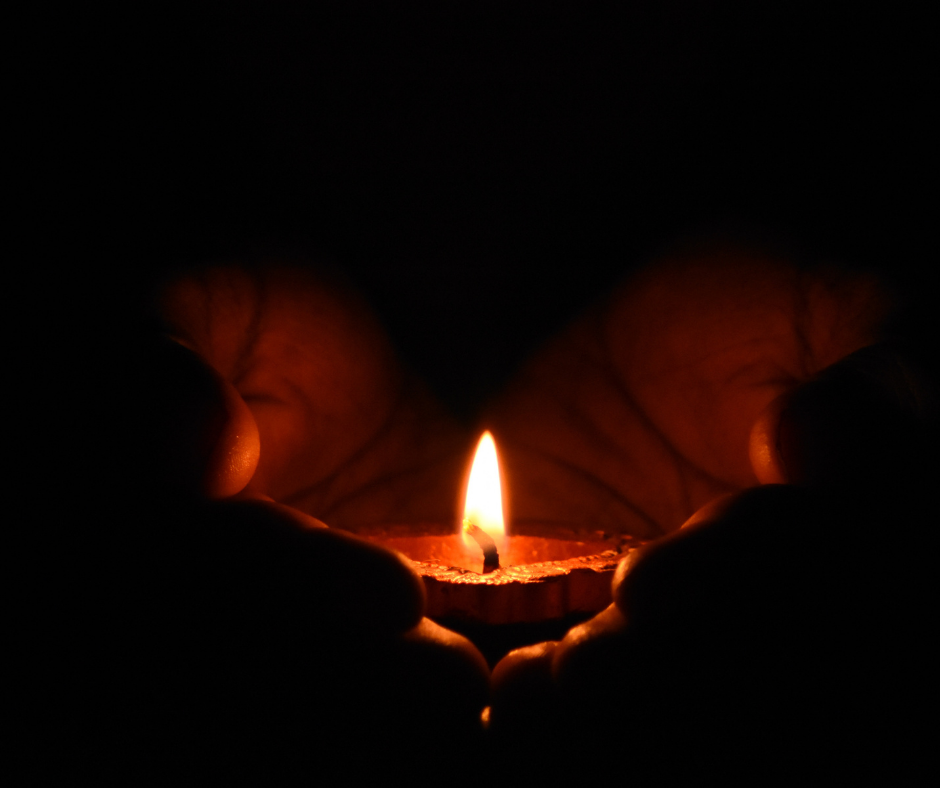Every day that we delay taking action is another day living in terror for those experiencing abuse.
Women’s safety advocates have issued a blunt message to South Australians – don’t be a silent bystander – after the state recorded its fourth fatality allegedly linked to family violence this year, as reported in today’s Sunday Mail.
Susie Smith, Embolden Co-Chair, joins fellow advocates in imploring everyone in our community to recognise the signs and reach out for help:
“Our hearts should all be breaking… It doesn’t have to be this way. We all have a part to play in ending domestic violence and other forms of gender-based abuse.
“Please, if you suspect something’s not right, whether that’s for a friend or family member, someone in your community, or even in your own relationship, please reach out. Even the seemingly smallest action could be life-changing.
You can pick up the phone and call 1800 RESPECT, or visit online for support, advice and referrals, whether for yourself or someone you’re concerned about.
You can call the Men’s Referral Service on 1300 766 491 if you’re concerned about your own behaviour, or someone else’s.
You can call the Domestic Violence Crisis Line on 1800 800 098 if you need support in escaping abuse.
You can apply to the Domestic Violence Disclosure Scheme for yourself or someone else you’re concerned about to get information about a current or former partner, that could help make decisions about safety and the future of the relationship.
You can take action in your community to help prevent and respond to violence, by donating to your local domestic and family violence service, or coming together as a Community Action Group to support change in your community.
You can join the call for strong action by Australia’s Women’s Safety Ministers at the upcoming Women’s Safety Summit.
Always call 000 if you’re immediately concerned for yours or someone else’s safety, and don’t intervene if it’s not safe to do so, but letting people know that they’re seen and supported, or conversely that their behaviour is out of line, could be the first step leading someone to safety.”
